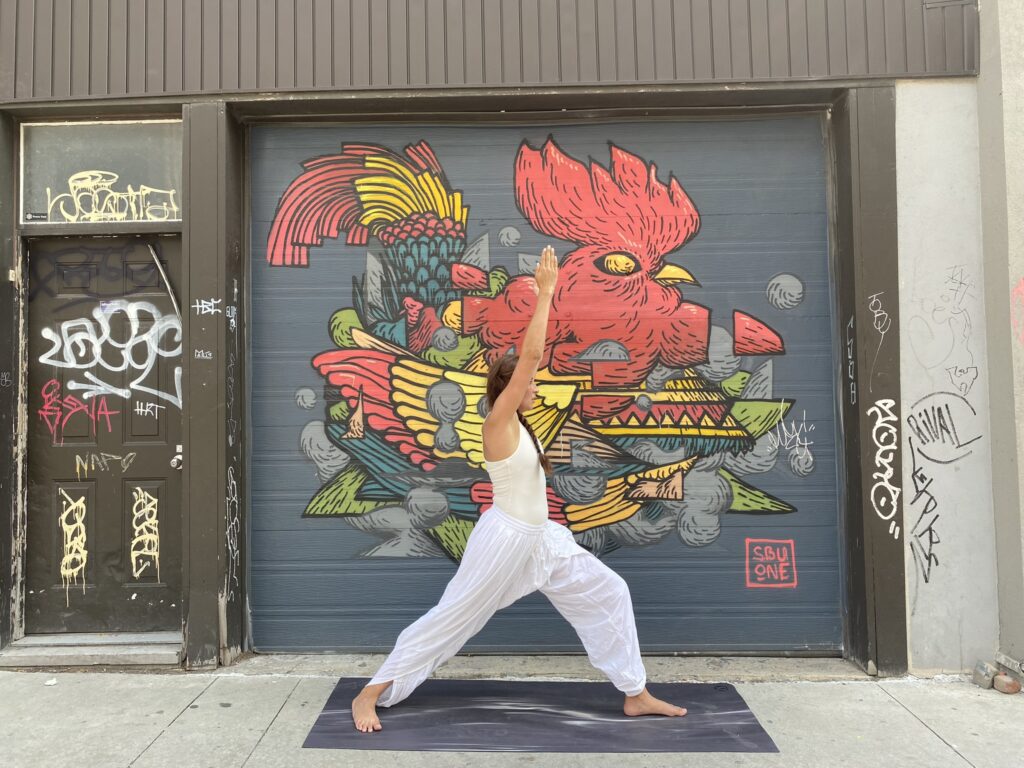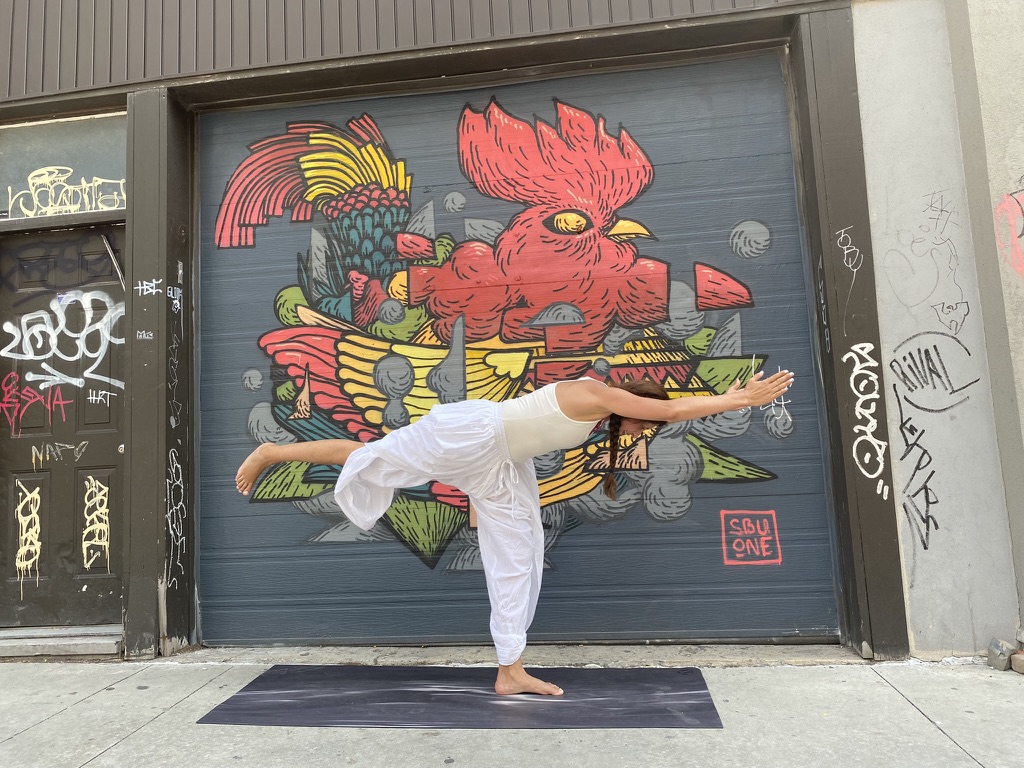


Embracing Ancient Wisdom in a Modern World: Embracing Yoga’s Essence
In the hustle and bustle of modern life, where stress and anxiety seem to be constant companions, a quiet revolution is taking place—one that harnesses the ancient wisdom of yoga to foster mental well-being. Beyond its physical benefits of flexibility and strength, yoga is increasingly recognized for its profound impact on mental health, offering a soothing balm for the mind in an often-chaotic world.
At its core, yoga is a holistic practice that unites the body, mind, and breath. Through a series of postures (asanas), breathing exercises (pranayama), and meditation, practitioners delve into a journey of self-discovery and inner peace. This mindful approach to movement and breath cultivates a sense of presence, helping individuals to anchor themselves in the present moment and alleviate the grip of worries about the past or future.
Scientific Validation: Understanding Yoga’s Therapeutic Effects
Numerous scientific studies have shed light on the therapeutic effects of yoga on mental well-being. Regular practice has been shown to reduce levels of stress hormones, such as cortisol while increasing the production of feel-good neurotransmitters like serotonin and dopamine. Moreover, yoga has been found to alleviate symptoms of anxiety, depression, and post-traumatic stress disorder (PTSD), offering a complementary and often holistic approach to mental health treatment.
One of the key strengths of yoga lies in its adaptability. Whether practiced in a serene studio, a bustling city park, or the comfort of one’s own home, yoga meets individuals wherever they are on their journey to well-being. From gentle restorative flows to vigorous vinyasa sequences, there is a style of yoga to suit every preference and need. This inclusivity extends to all ages and abilities, making yoga accessible to a diverse range of individuals seeking solace and balance in their lives.
Cultivating Resilience and Equanimity Through Self-reflection
Beyond the physical practice, yoga encourages self-reflection and introspection, fostering a deeper understanding of one’s thoughts, emotions, and behavior patterns. By cultivating mindfulness and self-compassion, practitioners learn to navigate life’s challenges with greater resilience and equanimity.
Finding Serenity in a Digital Age
In an era marked by digital distractions and a constant barrage of stimuli, the quiet revolution of yoga offers a sanctuary of stillness and serenity. As more people turn to yoga to support their mental well-being, it becomes not just a practice, but a way of life—a gentle reminder to breathe, to be present, and to nurture the connection between body, mind, and spirit. In the embrace of yoga’s healing touch, individuals find refuge, renewal, and a path toward inner peace in a world that often feels anything but quiet.
Therefore, yoga represents a gentle rebellion against the tyranny of stress and busyness. It’s a return to our true nature, a homecoming to ourselves. As we unroll our mats and step into this sacred space, let us remember that the real magic of yoga lies not in the poses but in the profound transformation of mind, body, and spirit. So, take a deep breath, exhale the noise, and let yoga be your guide on the journey to mental well-being.
